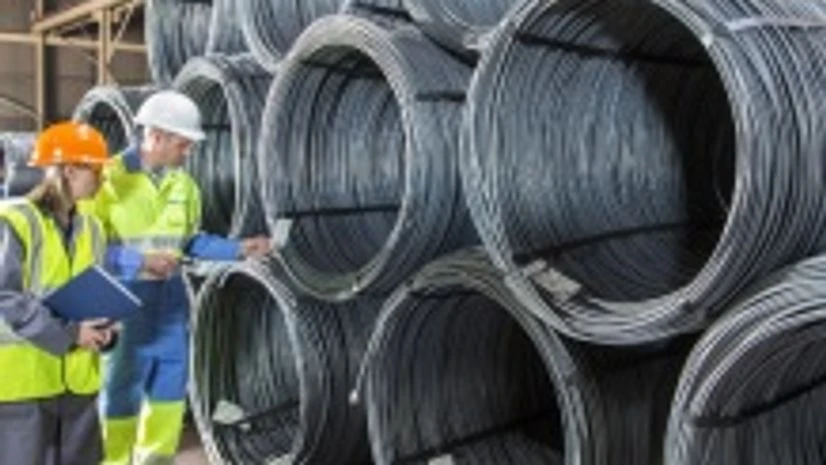British steel unions have given official legal notice to Tata Steel UK about their intention to start balloting some 17,000 members for industrial action from May 6, one day before the country's general election.
The unions are locked in a dispute with the company about its proposal to change their pension scheme. Should the ballot result in a vote to strike, it would be the biggest action in the UK steel sector in three decades.
"We are urging our members to vote for strike action," said Roy Rickhuss, Chair of the National Trade Union Steel Co-ordinating Committee and General Secretary of Community.
"Unfortunately there is no sign of Tata showing any willingness to re-enter meaningful discussions with the trade unions about the future of the British Steel Pension Scheme (BSPS)."
Three unions -- Community, GMB, UCATT -- have given Tata Steel legal notice about the ballot, while a fourth -- Unite -- is expected to give notice in the next few days.
The unions accuse Tata Steel of not taking up their offer to re-enter discussions about the pension scheme. They are balloting their members to either vote in favour of a strike or to vote for industrial action short of a strike.
A Tata Steel spokesman said: "We have made clear to the unions that our door remains open."
More From This Section
After failing to reach agreement with the unions on proposed changes to the BSPS, Tata Steel began a 60-day statutory consultation with scheme members on a proposal to close the scheme to future accruals.
"The consultation process provides opportunities for employees to comment on the proposals and to suggest alternatives that they wish the company to consider, other than the proposal of closure to future accrual," added the Tata Steel spokesman.
Producing steel profitably in Britain has become difficult given cheap imports and demand that has yet to recover to levels seen before the 2008 financial crisis. Also, the UK steel sector's labour, logistics and energy costs are higher even than mainland Europe, which itself struggles to compete on a global level.

)
